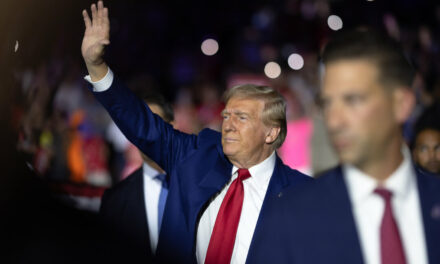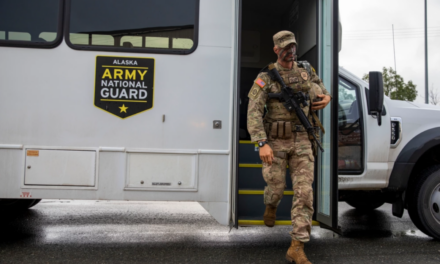We support our Publishers and Content Creators. You can view this story on their website by CLICKING HERE.
Smith’s superseding indictment, after Supreme Court immunity ruling, still contains four charges against the former president.
Special counsel Jack Smith filed an updated indictment against former President Donald Trump in Washington on Aug. 27 following the Supreme Court’s ruling that he enjoyed some presidential immunity from criminal prosecution.
“Today, a federal grand jury in the District of Columbia returned a superseding indictment, charging the defendant with the same criminal offenses that were charged in the original indictment,” an Aug. 27 filing from the special counsel’s office reads.
“The superseding indictment, which was presented to a new grand jury that had not previously heard evidence in this case, reflects the government’s efforts to respect and implement the Supreme Court’s holdings and remand instructions in Trump v. United States.”
The new indictment narrows the allegations against the former president by removing allegations involving his interactions with the Justice Department.
It no longer lists as a co-conspirator former DOJ official Jeffrey Clark. Trump’s co-conspirators were not named in either indictment, but they have been identified through public records and other means.
Presidential Immunity
In Trump v. United States, a majority of the Supreme Court held that presidents enjoyed several tiers of immunity from prosecution: absolute immunity for acts that fall within their “conclusive and preclusive constitutional authority,” a presumption of immunity for their official acts, and no immunity for unofficial acts.
Chief Justice John Roberts’s majority opinion grouped the allegations into three categories: those surrounding Trump’s work with the Department of Justice (DOJ); those involving his communication with state electors and his communications on Jan. 6, 2021; and his urging Vice President Mike Pence to not certify the election results in the Senate.
Trump received absolute immunity from prosecution of the first category. For the second, the Court remanded the issue to the district court to determine whether his actions were official. His communications with Pence are “presumptively immune,” but the DOJ can rebut that presumption in court.
D.C. Judge Tanya Chutkan will likely receive briefings from both the special counsel and former Trump’s legal team advocating their view of which charges should be dropped or maintained in the indictment.
The Supreme Court has left her with the task of parsing former Trump’s actions and determining which were official and which were unofficial.
The court is set for a status conference that Judge Chutkan scheduled for Sept. 5.
This is a breaking news story and will be updated.
The Associated Press contributed to this report.

 Conservative
Conservative  Search
Search Trending
Trending Current News
Current News 







